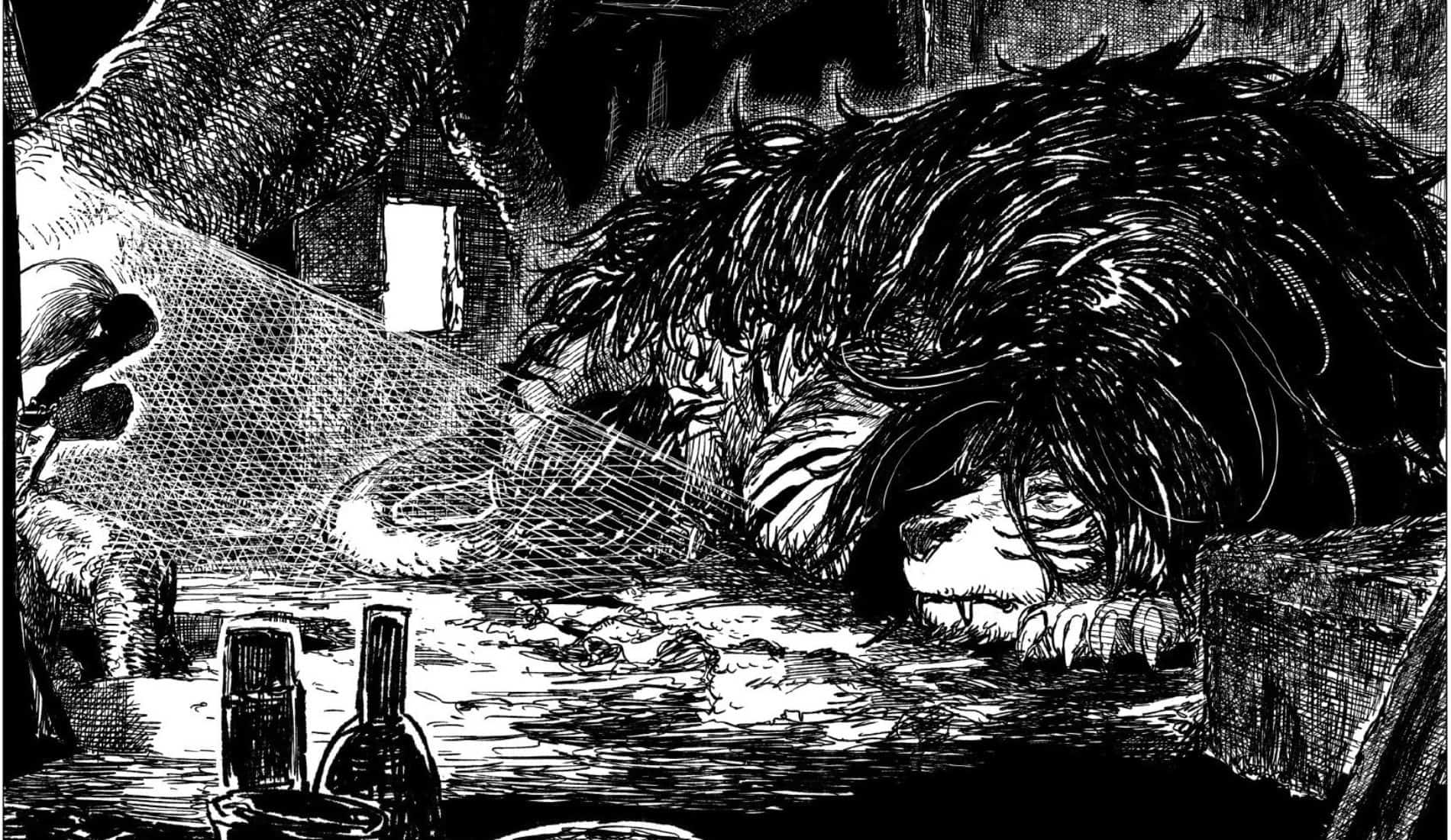When it comes to Japanese comedies, few directors have made quite the impact. While some of his peers might have some of the more universally known titles under their belt, Miki has also left his mark with works such as “Turtles Are Surprisingly Fast Swimmers”, “Adrift in Tokyo” and “Instant Swamp”. Being the member of a comedy group whose band of humor he once compared to Monty Python, he has emphasized the targets for laughter in his works are those tendencies, trends or moods within the culture of his home country which may be seen as odd or troublesome. His newest feature, “Convenience Story”, is no exception to the rule, with the story revolving around one of the cornerstones of Japanese culture, at least to the eye of the outsider, the 24/7-open convenience store seemingly promising an easy solution to one's problems. The feature is also a collaboration of film critic Mark Schilling, who served as co-writer to the script, and the director, whose talent was once discovered, among many others, by people like Schilling.
“Convenience Story” is screening on Fantasia International Film Festival

Once he was one of the hottest talents in town, but now screenwriter Kato (Ryo Narita) struggles to come up with even the faintest ideas for his next project. In order to make some money, he has to accept other work, in this case the adaptation of a popular novel, which makes matters even worse. At the same time, his relationship to actress Zigzag (Yuki Katayama) is not faring any better, with the young woman seemingly constantly complaining about her lover's lack of motivation and not giving her the kind of attention she needs. When she leaves for an audition, Kato is left in the apartment with her dog Cerberus, who will only eat a particular brand of dog food and quickly gets on the young man's nerves so that he decides to leave him in the countryside and come up with some sort of excuse for Zigzag.
However, as she finally comes home, Kato starts feeling guilty, more for the animal than for her, and makes his way back to the outskirts of the city. Even though he manages to find the dog, he also realizes he may be stranded, with not gas left in the car and a deep fog surrounding him. Eventually, he finds shelter and food and what appears to be an abandoned convenience store, but quickly encounters one of the shopkeepers, a young woman named Keiko (Atsuko Maeda), who not only seems to know what he needs, but may also be able to help him with his personal and professional issues.
One of the other concepts Miki often highlights in interviews is how many directors do not seem to take comedy as a genre seriously, resulting in many entries within the genre being redundant, of bad taste or simply mediocre. In general, what sets those works apart from others is their approach to their subject or, to use the director's own words, how seriously they take them and their characters. In the case of “Convenience Story”, the plot revolves around the central wordplay, suggesting how easily available stories can be in the minds of people, how they are all around us, but also the fact they are for sale, for a very low price at that. The main character thus seems to be caught in a dilemma with his reputation as an artist on the one hand, and the pressure of his agents, his producer, and his lover on the other. The script, written by Miki and Schilling, pokes fun at the image of the artist while also criticizing it, considering the high praise Kato has received in the past has caused a demand for more “content”, something he finds himself not able to fulfill anymore.
To come back to the director's statement regarding comedy, his cast also takes its characters quite seriously, and clearly understood their role within the context of the story. Given the recent developments in the Japanese movie industry, there is a lot of fun to be had with the deeply and acidic portrayal of producers and directors, along with the schemes of exploitation defining the industry. Ryo Narita plays an author struggling to find his voice, and someone who has not yet given in to said circumstances, but who is on the verge of being consumed by them. His performance, along with the rest of the ensemble Miki has assembled here, is defined by great comedic timing and an understanding of the character, what motivates him and what frustrates him, with the lure of the convenience story and his easily available solution all the more tempting.
In conclusion, “Convenience Story” is another great comedy in the filmography of director Satoshi Miki. Blending laugh-out-loud moments with goofy scenes and at times acidic observations directed towards the movie industry and its treatment of people and art, Miki's feature makes for great entertainment but also provides a lot of food for thought.
















